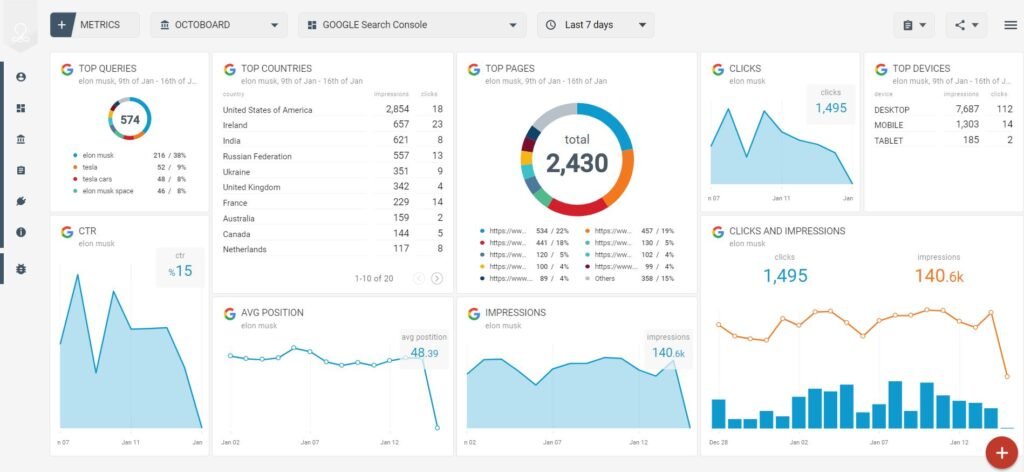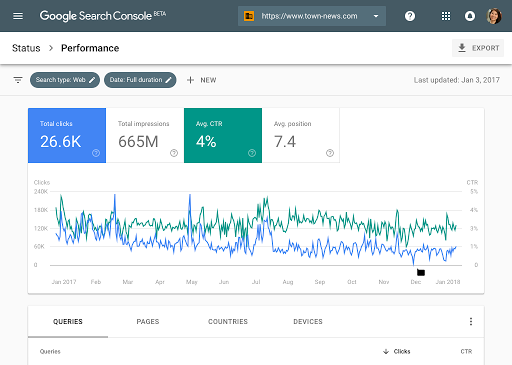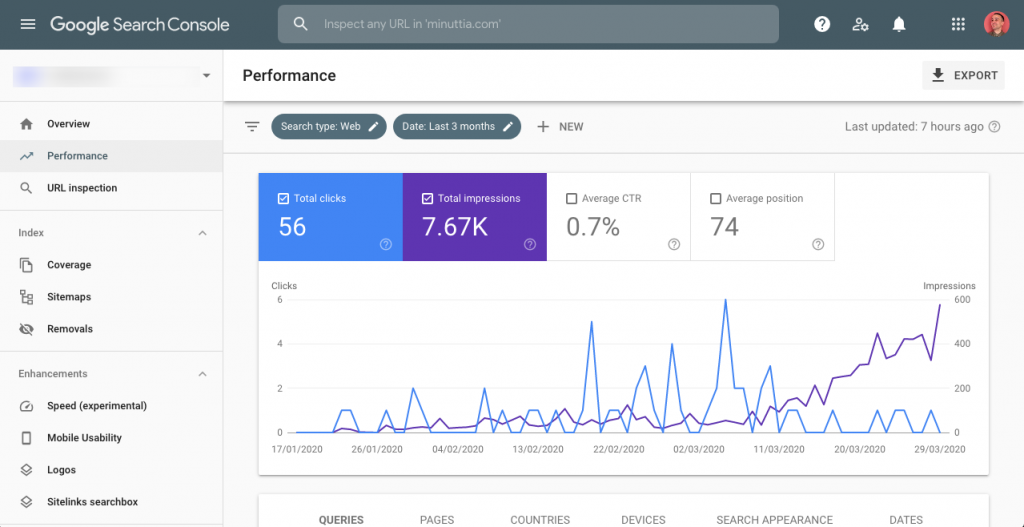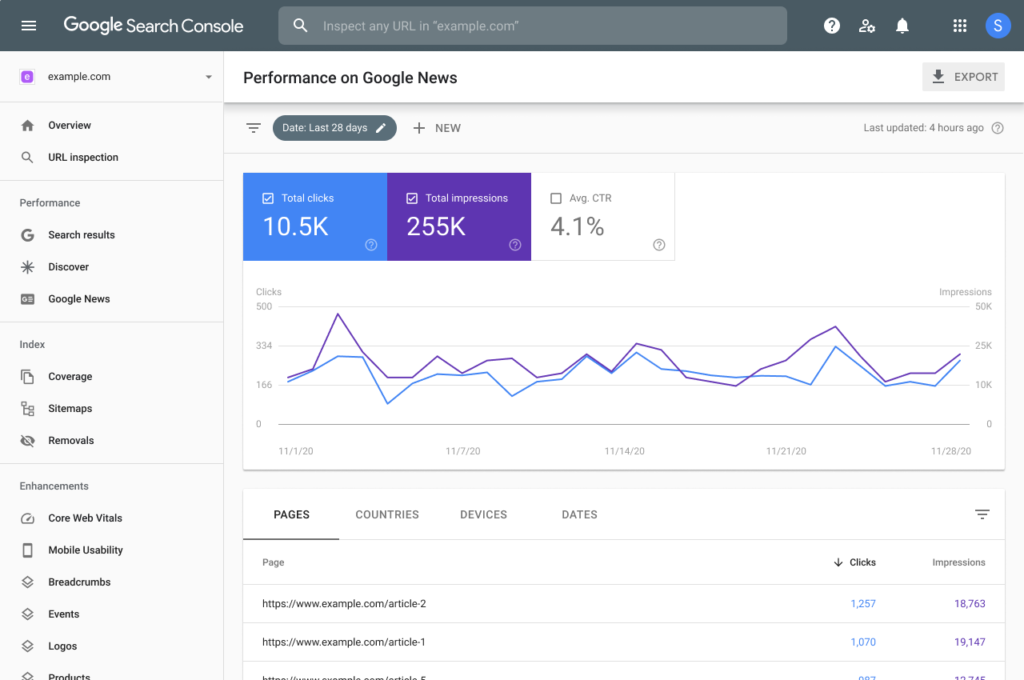-
Fappening Blog and Cybersecurity: The Dark Side of Digital Exposure

Introduction The internet has revolutionized how we share and access information, but it has also exposed users to unprecedented cybersecurity risks. The “Fappening Blog” is a notorious example of how digital vulnerabilities can be exploited, leading to massive privacy breaches. This article explores the cybersecurity risks associated with such platforms, the legal implications, and how
Search
About
MWT Media Blog brings you the latest SEO news, market trends, and actionable insights to help brands, marketers, and publishers stay ahead in a fast-changing digital landscape. From algorithm updates to outreach strategies, we break down what really matters.
Stay updated with SEO news, trends, and insights shaping the digital marketing world. Practical updates, real strategies, and market-focused analysis—no fluff.
Categories
Tags
Gallery







